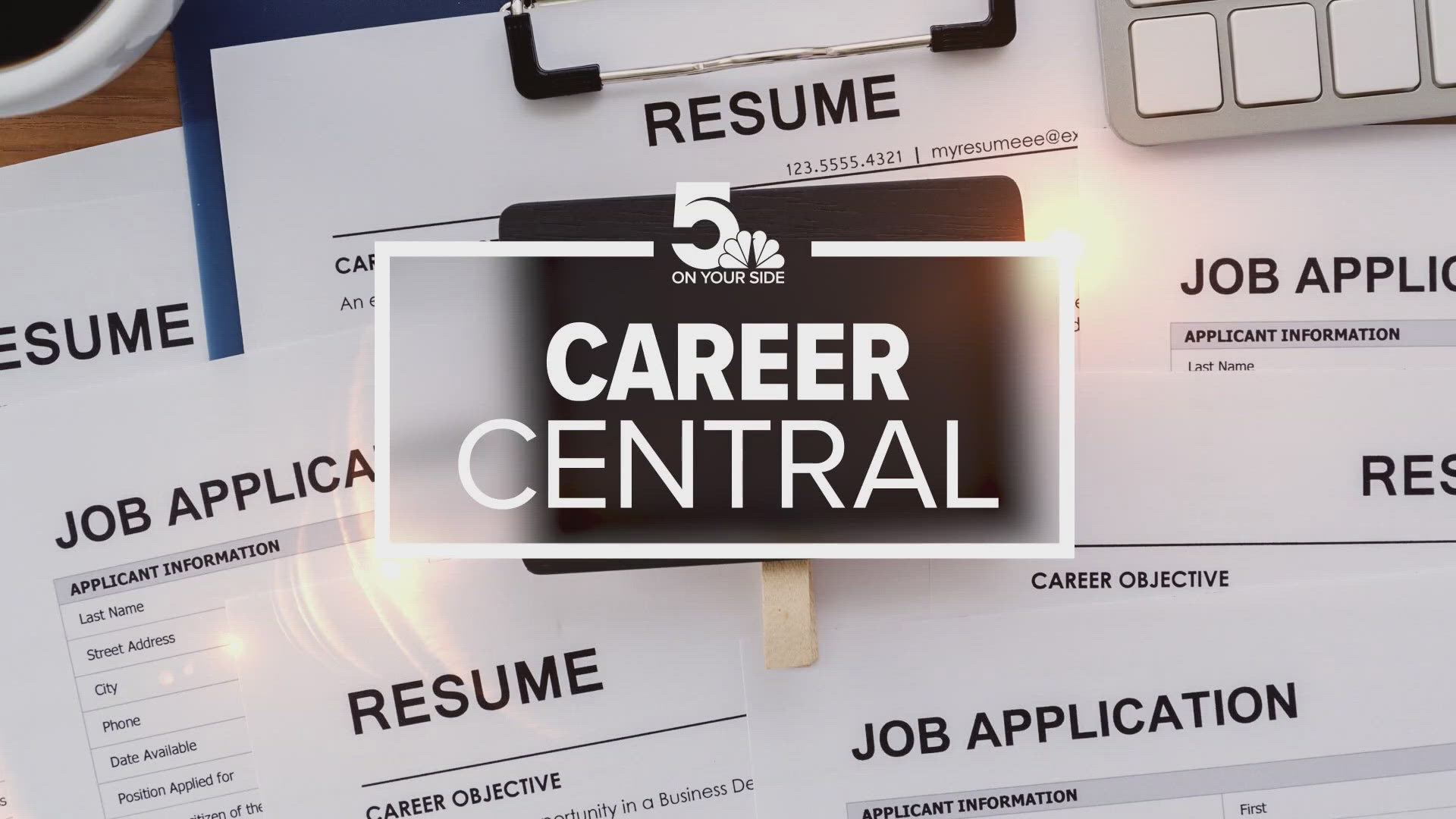By Eric Olsen, Executive Director, HELPS Nonprofit Law Firm
It's a constant struggle to stay afloat financially on disability income. Many disabled persons have credit card debt they can't pay, often incurred before they were disabled. What can disabled persons do about telephone calls and letters from collectors? What happens if you are sued? As the Executive Director of HELPS, a nationwide nonprofit law firm that protects seniors and disabled persons from unwanted collector contact, I'd like to answer some of the pressing financial questions we regularly hear from disabled persons.
1.How safe is disability income from collectors?
The most important thing to know is that Social Security in all its forms, including SSD, is protected by federal law from debt collectors. Almost all states have laws that protect private disability as well. Even if a creditor files a lawsuit and obtains a judgment, they can't take your disability income.
2.What about money in your bank account?
Federal banking regulations automatically protect two months' worth of federal benefits electronically deposited into a checking account no matter the source of the funds in the account at the time of garnishment. For example, if you receive SSD of $1,000 per month, your bank will automatically protect $2,000. Sums in excess of the two-month amount of disability, including a lump sum Social Security award, are protected by federal law when kept in a segregated account.
3.How can I stop collectors from calling and sending demand letters?
Sometimes disabled persons file bankruptcy simply to stop collector calls. Because your disability income is protected, bankruptcy is generally not necessary. There are far easier or less expensive ways to stop collector calls than by filing an unnecessary bankruptcy. The federal Fair Debt Collection Practices Act provides that when you send what is called a "cease and desist letter," collectors must stop all contact by phone or mail. An example of this letter can be found on the HELPS website.
4.What if I owe past-due income taxes or student loans?
Although it's uncommon, it is possible for the IRS to garnish 15% of SSD income for past-due taxes.However, most persons receiving disability income will qualify for what is called Currently Not Collectible status with the IRS.This means you won't have to pay any taxes at all.Also, state tax collectors cannot legally garnish Social Security income. Finally, permanently disabled persons can discharge federal student loan debt, as explained on the Federal Student Aid website.
5.Will someone else be responsible for my credit card debt I don't pay?
Only the cardholder is responsible. Your credit card debt will not transfer to anyone else after you die.However, this only holds so long as you don't have credit cards co-signed with your spouse or another family member.
6.What about debt settlement or debt management?
Sometimes disabled persons make payments to non-profit debt management or for-profit debt settlement companies.These companies will normally not tell disabled persons that their income is protected and can't be taken from them.The Federal Trade Commission (FTC) advises caution in dealing with these companies.
7.Should I sell assets to pay off old debt?
Every state has exemption laws that protect assets.It's too expensive, complicated, and unproductive for a consumer judgment creditor to take steps to seize a person's assets – even non-exempt ones.It is not necessary to sell assets to pay old debt. If you do decide to sell some of your assets, you can use the proceeds for your basic needs.
8.Will the debt ever go away?
Every state has a "statute of limitations" that provides the time limit for a collector to file a lawsuit to collect a debt.In most states, this varies from 3-6 years for credit card debt, whereas a judgment is generally in effect for ten years and can be renewed.However, as previously explained, disability income is protected.A judgment holder can't do anything to collect.
9.What about future credit?
Even a person with an excellent credit rating who has minimal disability income may have difficulty obtaining credit. Income is as important a factor as credit rating in determining if credit is granted.A credit grantor might determine that there is no income available to make payments and deny credit. Secured credit cards are available.
10.What happens if I want to earn extra money? What can I do to keep that money safe?
If you decide to earn some extra money, you don't have to use that money to pay old debt. Remember, federal banking regulations help protect that money even if a creditor were to sue and get a judgment. Twice the amount of Social Security electronically deposited into your bank account is protected from garnishment, so money from a part-time job is safe as long as the total in the account is less than twice the amount of the monthly Social Security deposit. Federal law also protects a net $217.50 per week in wages from garnishment, or around $945 a month, and even more in a few states.Be aware of income rules that can disqualify you for disability.
Conclusion
Everyone wants to repay debt if they are able.However, sometimes it is simply not possible.Laws have been passed to protect disability income for a reason. Society wants disabled persons with limited income to have that income available for their needs.In addition, there are means to stop unwanted collector contact.HELPS is a nationwide nonprofit law firm that protects disabled persons and seniors from unwanted collector contact.We also educate disabled persons how to maintain their financial independence. Learn more at www.helpsishere.org.
This article was provided by our partners at moneytips.com.
To Read More From MoneyTips:
Photo ©iStockphoto.com/IldoFrazao



